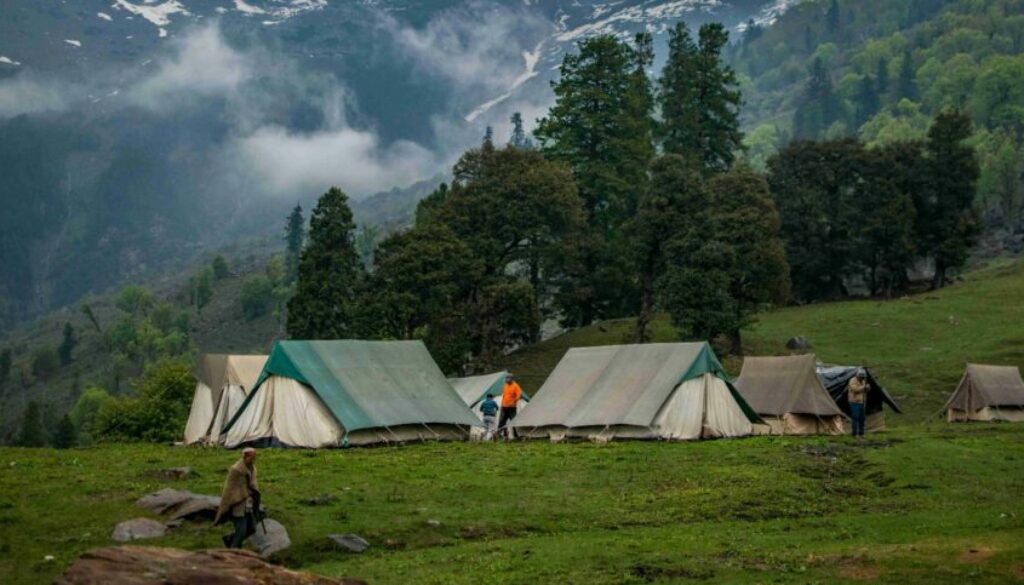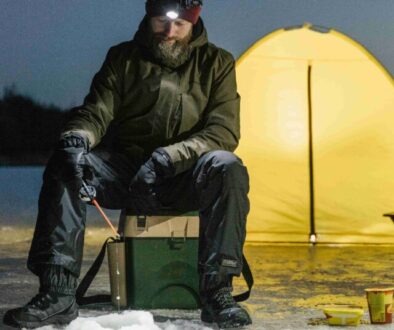What is Camping? 6 Types of Camping for Beginners
Are you ready to break free from the daily grind and want to breathe in fresh air? Camping offers the perfect escape from the hustle and bustle of modern life, and the best part is, there’s a camp style for everyone. Whether you’re a curious novice or a seasoned adventurer, our guide will unveil the diverse world of camping, helping you find your ideal outdoor experience.
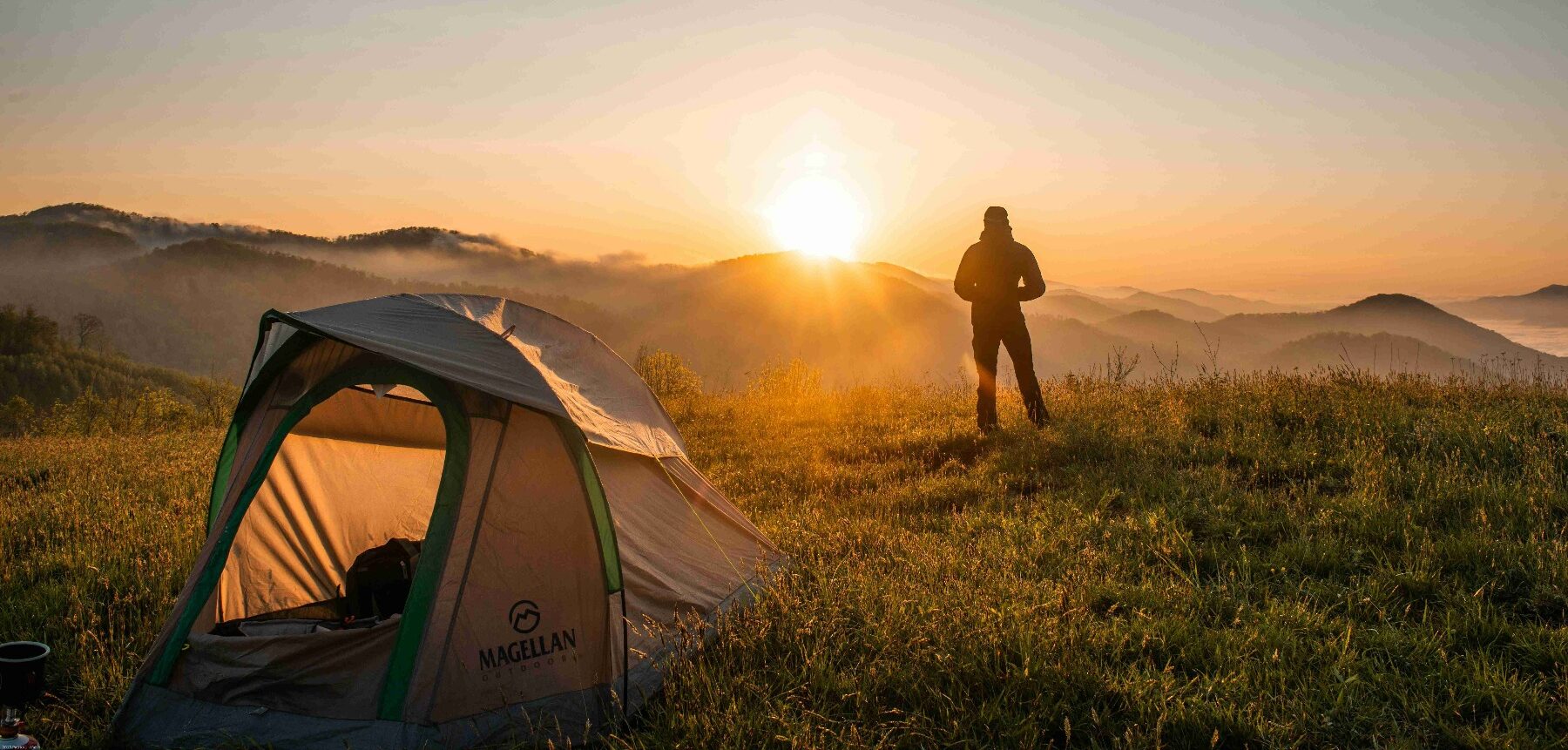
What is camping?
A popular outdoor activity that involves spending the night in a temporary shelter, such as a tent, camper, or RV. It’s an enjoyable and thrilling way to experience the outdoors. It can be a wonderful way to relax and enjoy the outdoors, or it can be an adventurous experience involving hiking, fishing, and other activities. Furthermore, it is a great way to escape the hustle and bustle of everyday life and connect with nature. Camping can also be a very affordable activity, making it a great option for families and budget travelers.
It is possible to go camping in a lot of different ways. So there is sure to be a type of camping that is perfect for everyone. Several of the highly preferred options are:
Tent camping
Tent camping is the most basic type of camping. It involves pitching a tent at a campsite and staying there overnight. Tenting can be done in a variety of locations, including campgrounds, forests, and even your own backyard.
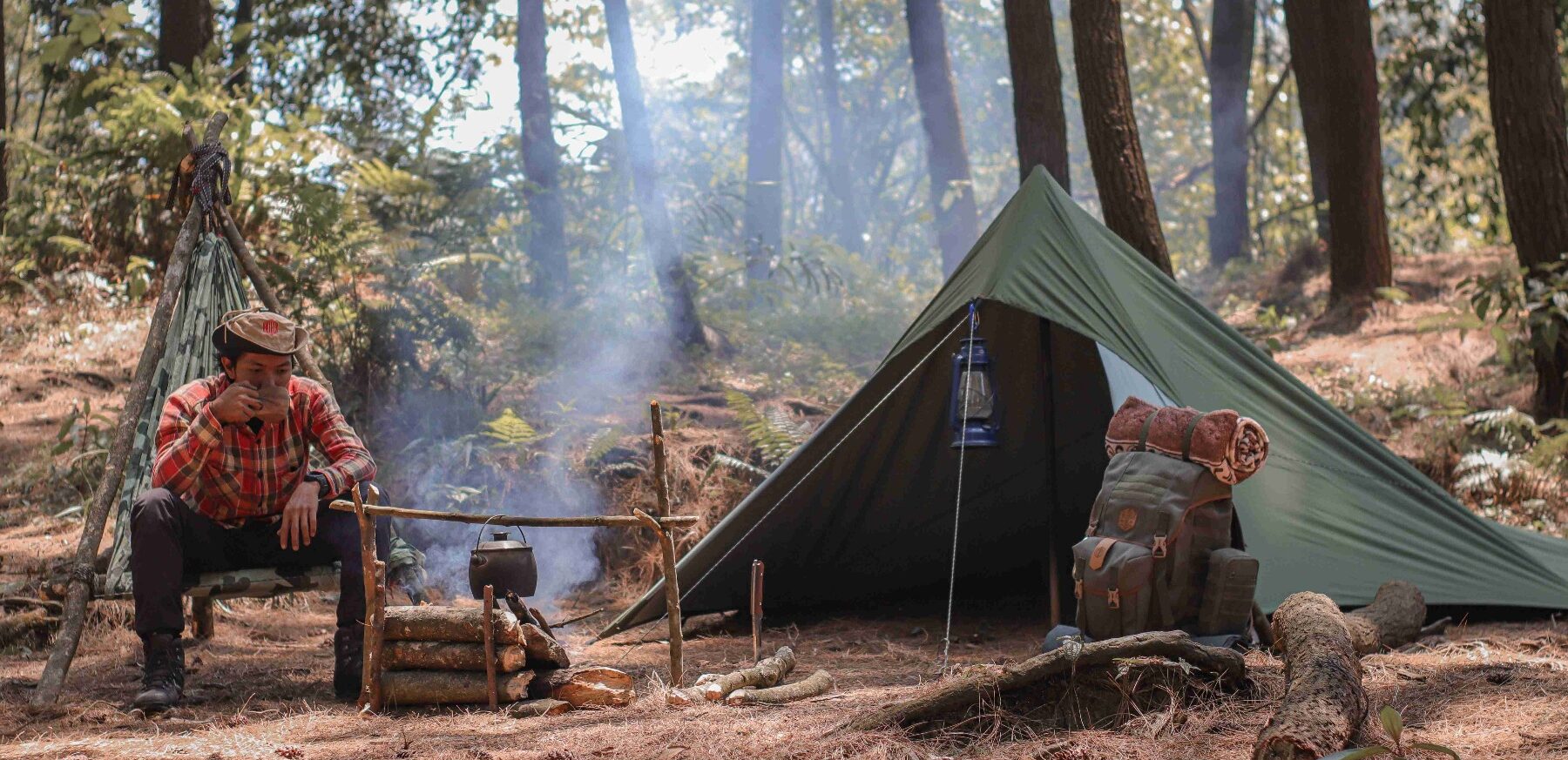
Who is it best for?
- Families
Tenting is a great way for families to bond and create lasting memories. It is a relatively affordable activity, and it can be done in a variety of locations.
- Budget travelers
It is a great way to save money on travel. Numerous campsites are accessible for free or at a minimal cost.
- Nature lovers
Tenting is a great way to connect with nature. You can wake up to the sound of birds chirping and go to sleep under the stars.
- Adventurers
Tenting can be a more adventurous way to camp than staying in a camper or RV. You can hike to remote campsites and experience the outdoors in a more primitive way.
Precautionary measures
- Choose a safe campsite. Avoid the prone to flooding or landslides areas.
- Pitch your tent on a level surface.
- Make sure your tent is firmly anchored using stakes and guy lines.
- Stay vigilant and be mindful of your environment, keeping an eye out for wildlife.
- Safely store your food and dispose of trash to prevent drawing in animals.
- Be careful when using campfires and make sure to extinguish them completely before leaving.
Backpacking
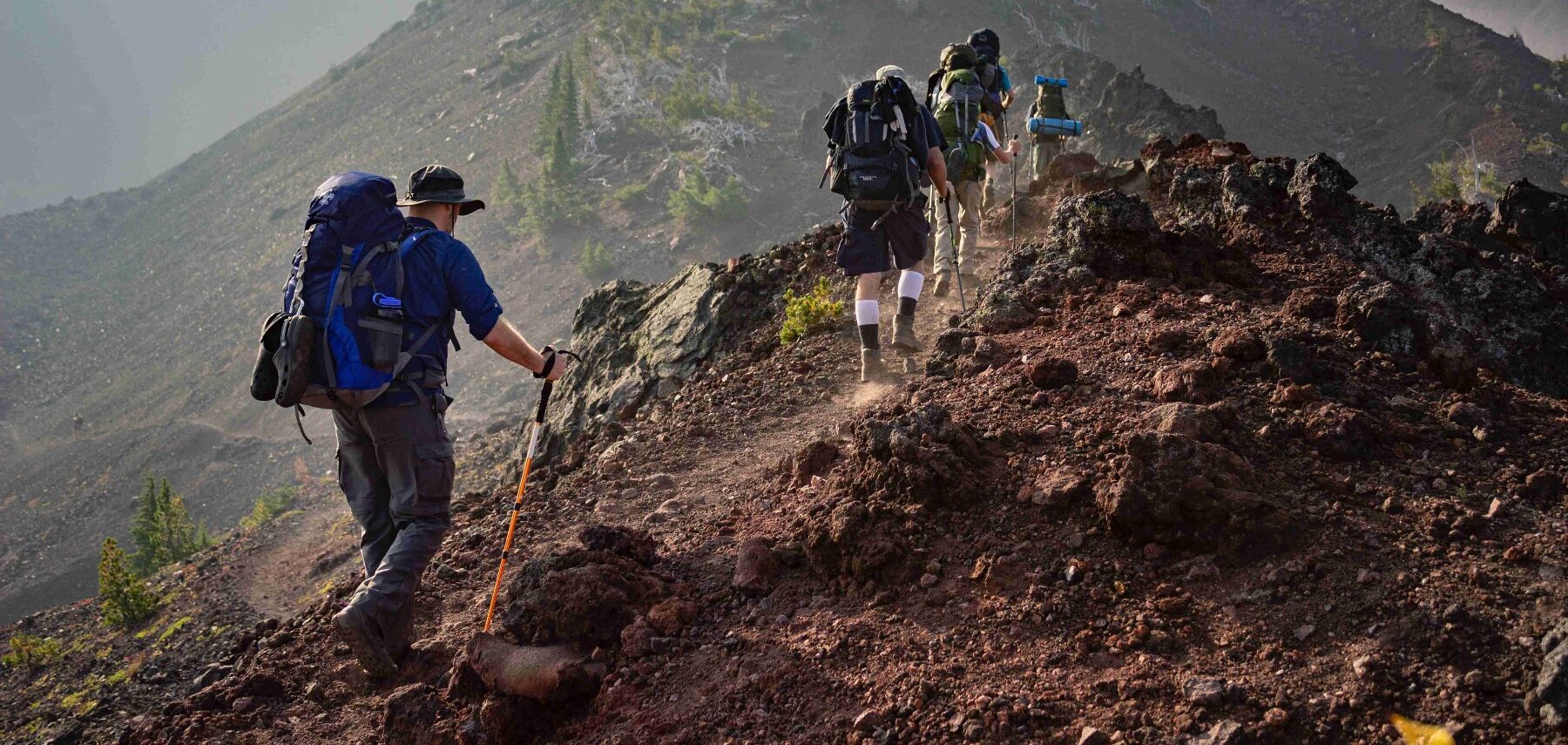
Backpacking is a type of hiking and camping where you carry all of your gear on your back. It is a great way to explore remote areas and see places that are not accessible by car. The difficulties you face when backpacking are counterbalanced by the rich rewards you’ll reap from the experience. Backpacking can be done in a variety of locations, including forests, mountains, and deserts. It can be a day trip or a multi-week expedition.
Types of people best suited for backpacking
- Physically fit
Backpacking can be physically demanding, so it is important to be in good shape before you go backpacking.
- Independent
Backpacking requires you to be independent and self-sufficient. You will need to be able to set up your own camp, cook your own food, and navigate your own way.
- Nature lovers
Backpacking is a great way for nature lovers to experience the beauty of the outdoors.
- Budget travelers
It is a relatively affordable way to travel.
- People who enjoy solitude
Backpacking can be a great way to escape the crowds and enjoy some solitude.
Precautionary measures
- Plan your trip carefully.
- Pack the right gear.
- Leave no trace.
- Be aware of your surroundings.
- Be prepared for emergencies.
Overlanding
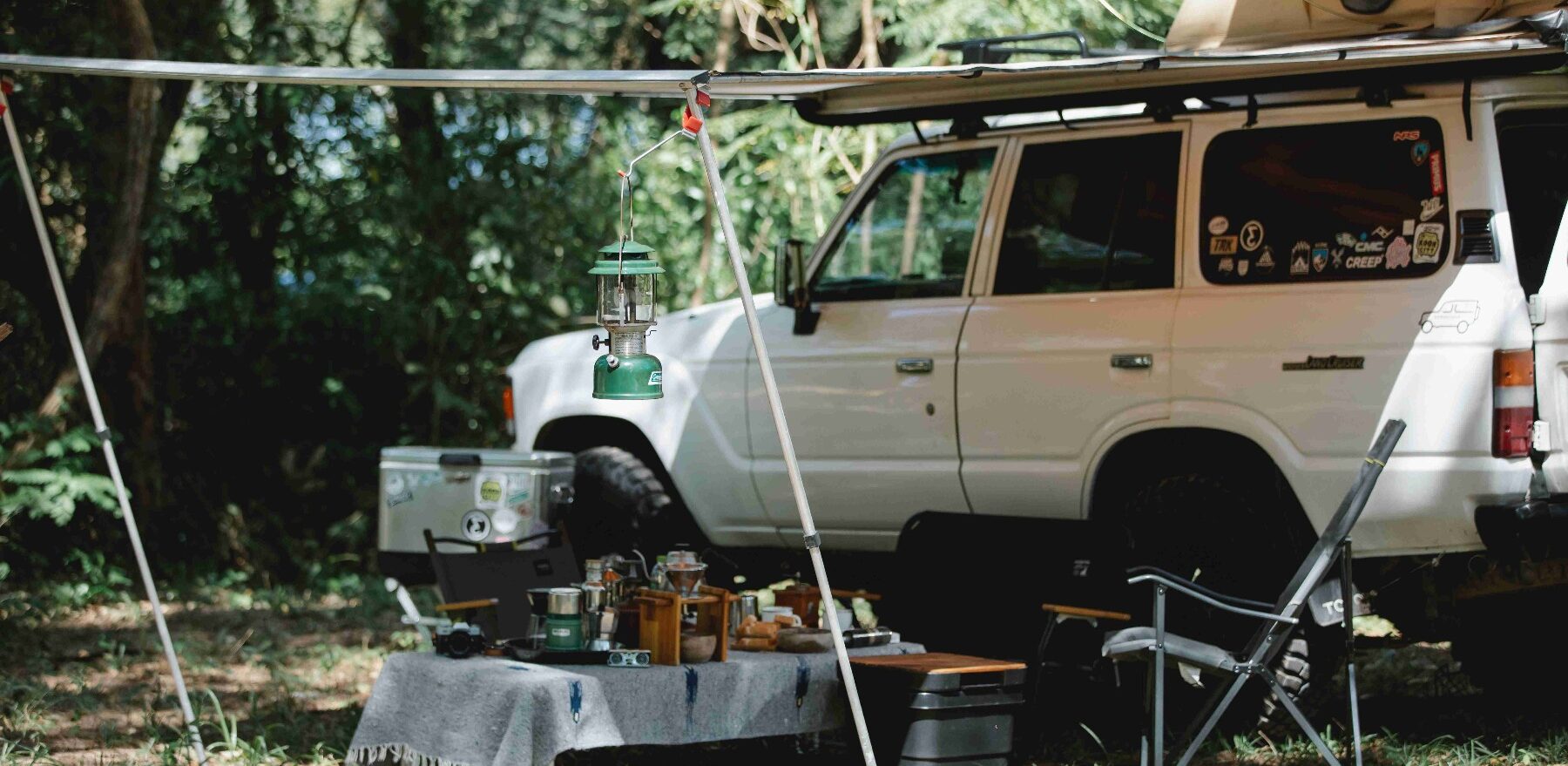
Overlanding is a type of self-reliant travel to remote destinations where the journey is the primary goal. It is typically done in a four-wheel drive vehicle that is equipped to handle off-road conditions. Overlanders often camp in remote locations and travel for extended periods of time.
For which types of people is overlanding the best?
Overlanding is best for people who:
- Enjoy the outdoors and adventure
- Are comfortable with self-reliance
- Are willing to learn new skills
- Are interested in exploring remote places
Precautionary measures
- Make sure your vehicle is properly equipped for off-road driving. This includes having a four-wheel drive system, good tires, and a recovery kit.
- Plan your route carefully and let someone know where you are going and when you expect to be back.
- Pack plenty of food, water, and fuel.
- Don’t take unnecessary risks.
- Be aware of the weather conditions.
- Leave no trace behind.
Backyard camping
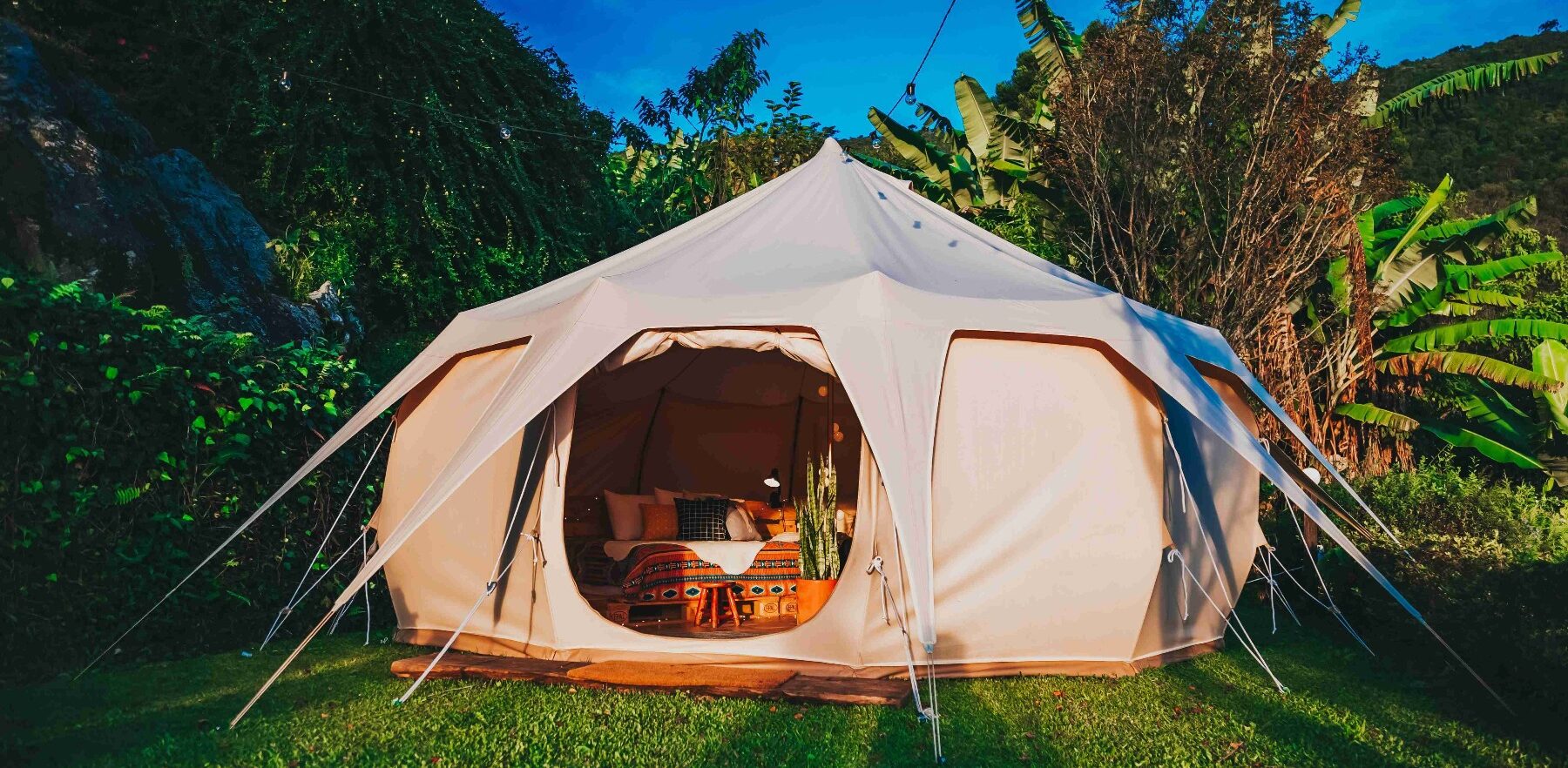
Backyard camping is a fun and easy way to experience the outdoors without having to leave your home. It involves setting up a tent in your backyard and sleeping under the stars. Backyard tenting is a good option for people who are new, as it is a less intimidating way to get started.
Who is backyard camping best for?
Backyard tenting is best for people who:
- Are new to camping and want to try it out before they go on a longer camping trip.
- Have young children and want to introduce them to camping in a safe and controlled environment.
- Have limited mobility and cannot easily camp in remote areas.
- Live in an urban area and do not have easy access to wilderness areas.
Precautionary measures
- Be aware of the weather
- Use insect repellent
- Be careful with fire
- Have a first-aid kit on hand
Winter Camping

A type of camping that is done in the winter. It requires special gear and clothing to keep warm in the cold weather. Winter camping can be a great way to experience the beauty of winter and see places that are not accessible in the summer.
Who is Winter Camping Best For?
Icy outdoor adventure is best for people who are:
- Experienced campers.
- Prepared for the challenges of cold weather.
- Looking for a unique experience.
Precautionary Measures
- Dress in layers
Wearing layers of clothing will help you stay warm in the cold weather. You can start with a base layer of long underwear, followed by a middle layer of fleece or wool, and an outer layer of waterproof and windproof clothing.
- Stay hydrated
It is important to stay hydrated even in the cold weather. Drink plenty of water and avoid sugary drinks, which will dehydrate you.
- Be aware of the signs of hypothermia
Hypothermia is a serious condition that can occur when your body temperature drops too low. Symptoms of hypothermia include shivering, confusion, and slurred speech. If you experience any of these symptoms, seek medical attention immediately.
- Be prepared for bad weather
Winter weather can be unpredictable, so it is important to be prepared for anything. Pack extra food and water, as well as first-aid supplies.
- Have a backup plan
Have a backup plan in case of bad weather or other emergencies. This might involve packing extra food and clothing or having a way to get to a safe location.
Survival Camping
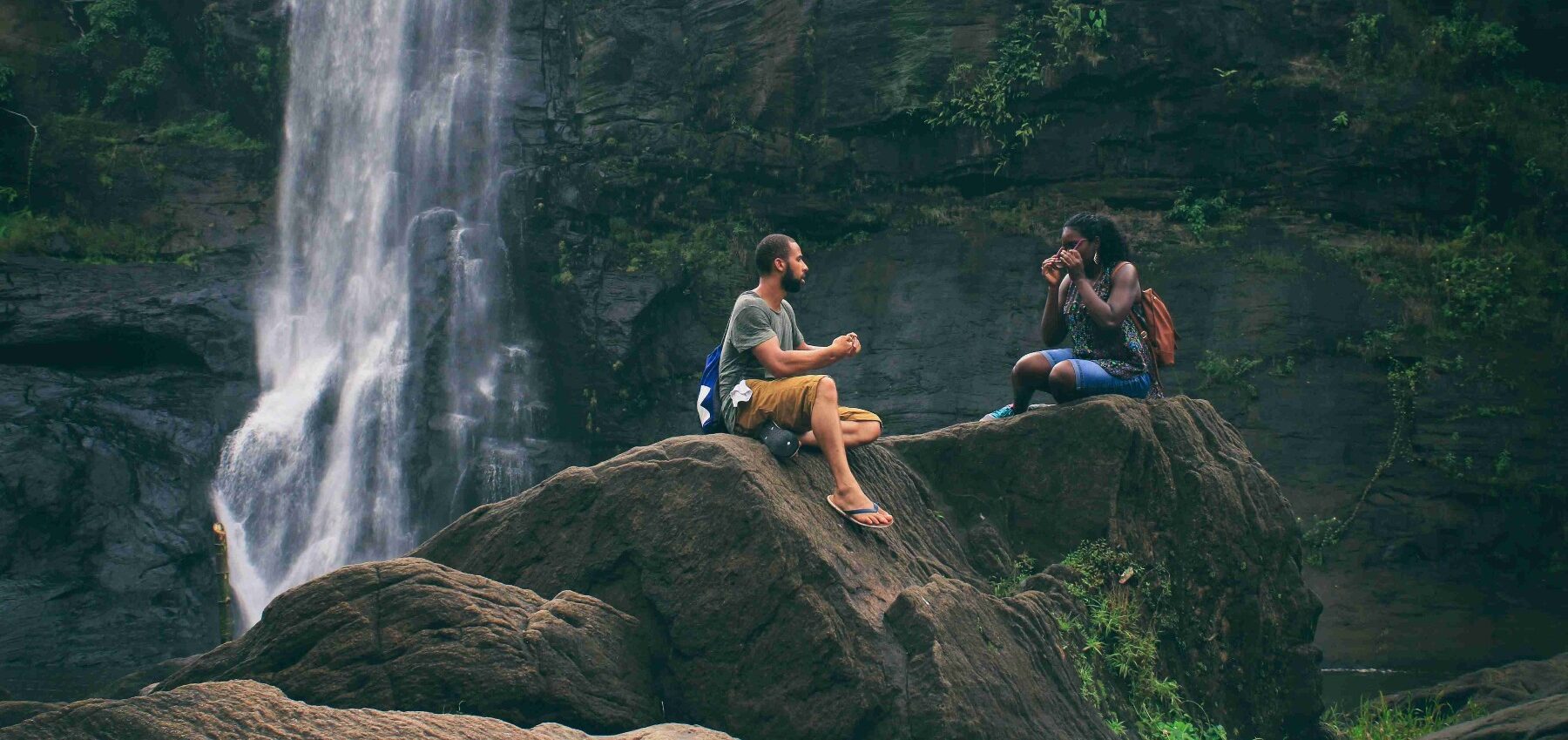
A type of camping that is done for survival purposes. It is often done in emergency situations, such as when someone is lost in the wilderness or when there is a natural disaster. Survival camping requires knowledge and skills to build shelter, find food and water, and stay safe in the outdoors.
Which types of people, it is the best?
Here are some types of people who may want to consider survival camping:
- Military personnel
- First responders
- Wilderness survival experts
- People who live in remote areas
- People who enjoy challenging themselves
Survival camping is not for everyone, as it can be physically and mentally demanding.
Precautionary measures
- Tell someone where you are going and when you expect to be back.
- Pack plenty of food and water.
- Bring a first-aid kit and other essential supplies.
- Be aware of your surroundings and be prepared to change your plans if necessary.
- Don’t take unnecessary risks.
How to get started with camping?
If you’re new, here are a few things to keep in mind before you start:
- Choose the right type
There are many types of camping, so it is important to choose the right type for yourself. Consider your interests, budget, and experience level when deciding on a type of camping.
- Get the right gear
It requires some basic gear, such as a tent, sleeping bag, sleeping pad, and cooking supplies. You can rent camping gear from many outdoor stores, or you can buy your own gear.
- Learn the basics of camping
There are some basic skills that you need to know for camping, such as how to build a fire, pitch a tent, and cook over a campfire. You can learn these skills from books, online resources, or by taking a camp class.
Whether you’re a family seeking bonding time, an adventurer yearning for solitude, or someone simply looking for a budget-friendly experience, camping has a style that’s perfect for you. Remember, with each type of camping comes its own set of precautions and preparations, but the rewards of reconnecting with nature and your inner explorer are well worth the effort.
Ready to embark on your camping adventure? Plan your escape now!
